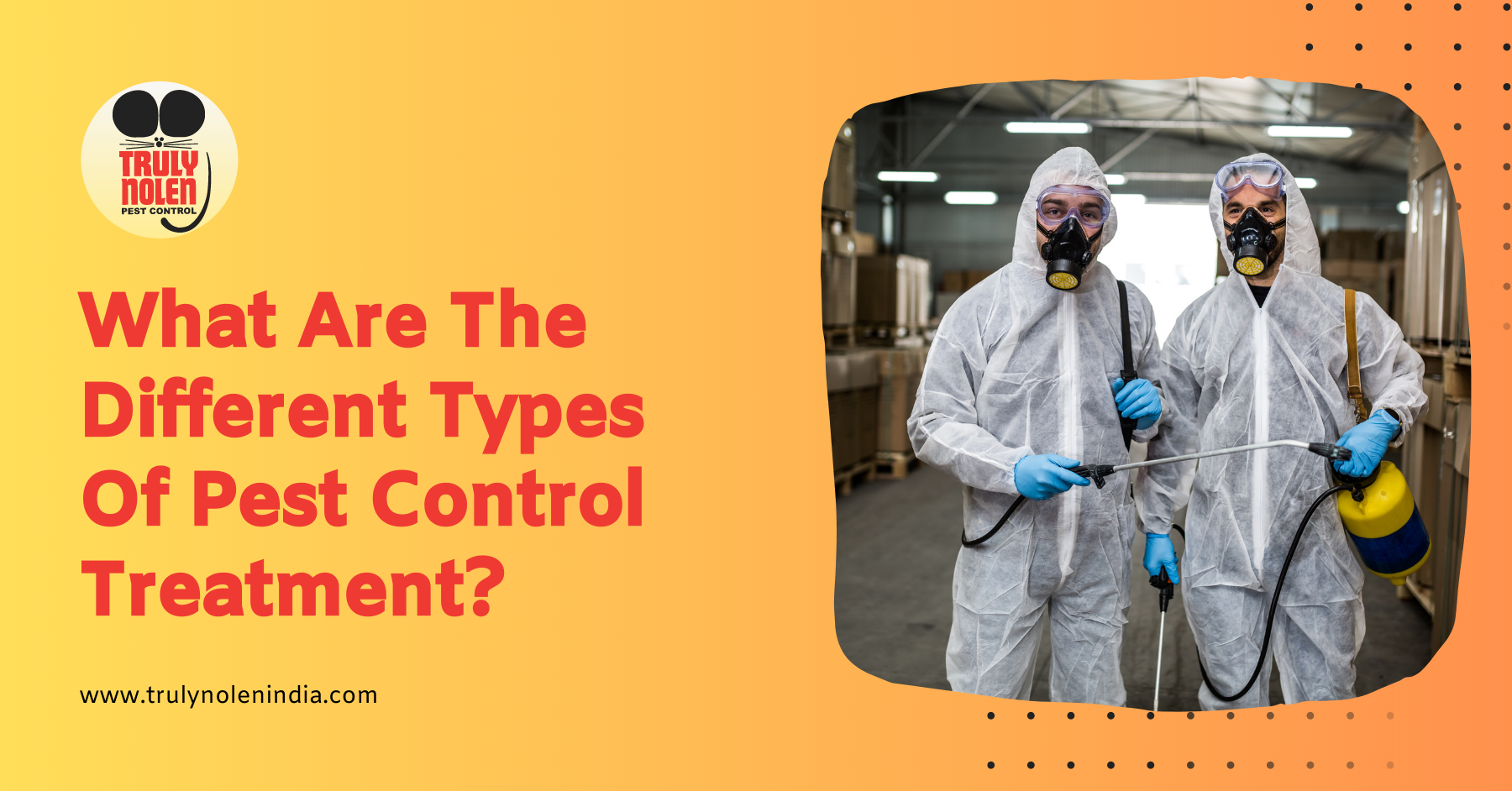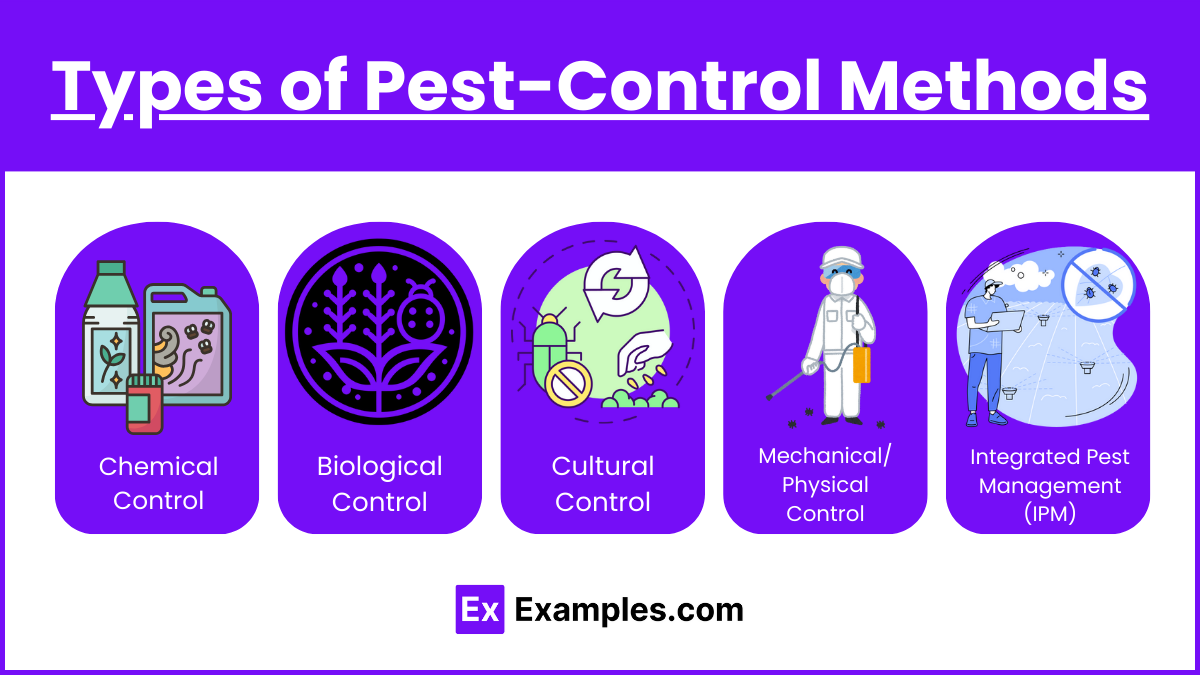3 Simple Techniques For Pest Control
3 Simple Techniques For Pest Control
Blog Article
Facts About Pest Control Uncovered
Table of ContentsThe Best Guide To Pest ControlUnknown Facts About Pest ControlIndicators on Pest Control You Should KnowIndicators on Pest Control You Should KnowThe Best Guide To Pest Control
Limitations of Chemical Monitoring Have the ability to evaluate insect problems, determine if monitoring is essential, and make proper referrals using IPM techniques. Be familiar with various approaches of bug administration - their advantages and constraints. Comprehend the worth of useful insects. It is not possibleor also desirableto rid yards of all insects.This phase talks about (IPM), an approach that uses understanding regarding parasites and their, techniques, nonchemical techniques, and pesticides to manage pest troubles. Additional info about IPM for details plants is consisted of in phases that concentrate on those plants. Nonchemical bug control procedures are stressed in phase 17, "Organic Horticulture." Taking care of birds and animals is covered in phase 20, "Wild animals." Managing in the yard and yard is covered in chapter 6, "Weeds." Parasites in a garden or landscape may consist of bugs and termites, weeds,, animals, and birds.
Pests and weeds, nonetheless, play a function in the. After growing a garden or developing a grass, the natural procedure of plant succession starts to improve and nonnative plants.
What we call "insects" belong to a natural system at the workplace. An ecological community has no insects. Just human beings take into consideration specific types parasites when they happen where they are not wanted. We will certainly be much more successful in taking care of undesirable species when we recognize that these microorganisms follow predictable patterns that we can use to our benefit.
A Biased View of Pest Control
Parasites at risk to a chemical were quickly eliminated, leaving resistant ones to breed and increase. It became clear that chemicals alone would certainly not resolve all insect issues.
An IPM strategy permits some degree of bugs in the environment. Parasites are a lot less most likely to make it through a program that uses numerous various techniques of lowering their populations. Integrated insect monitoring was first suggested by entomologists because insects were the initial team of pests to confirm challenging to manage with chemicals alone.
A limit is the point at which action ought to be taken. IPM has actually expanded past bugs to management of all pest populations: see here now weeds, illness organisms, and animals.
Unknown Facts About Pest Control
Management rather than removal of insects is the goal. An IPM strategy begins with a mindful assessment of each parasite problem.
Clover expanding in a lawn may be deemed an unwanted weed, but as a vegetable it is manufacturing nitrogen for the soil and the flowers are offering nectar to honey and other. Tolerance for some weeds might be part of an IPM strategy. may be eating the leaves of a plant, however when they are identified as the larvae of Eastern tiger swallowtail butterflies, their damage might be endured so we can delight in the stunning butterfly.

The second most important device in bug administration is early intervention. Responding to issues rapidly, prior to they have time to increase, calls for a less remarkable treatment.
Some Known Questions About Pest Control.
Many risk-free, functional, nonchemical approaches of plant defense and pest management might reduce or get rid of the demand to spray. official site Other approaches are most useful when made use of with pesticides. To carry out management practices correctly and to reduce losses, garden enthusiasts ought to know the kinds of pests that attack plants and recognize pest biology.

Carrying out a dirt examination and using just the suggested amount of plant food and Read More Here lime makes the most of the advantage to the plant while reducing troubles associated with excessive use fertilizer - Pest Control. Treatment the soil with a number of inches of compost safeguards the plant in numerous methods: decreasing dirt water loss to evaporation, minimizing weed competitors, offering nutrients, and creating an appropriate setting for earthworms and microorganisms that maintain the soil loosened for roots and break down natural material to launch nutrients
If mulch touches the trunk, it can produce a means for voles, microorganisms, and fungi to attack the plant. Do not make use of manure or garden compost that has not thoroughly broken down as a leading dressing since it can encourage unfavorable insects. Study recommends that tilling the dirt is destructive to soil structure.
Unknown Facts About Pest Control
If tilling is deemed essential, take into consideration doing it in the loss when the life cycles of numerous insects brings them near the surface. At the surface area, pests end up being revealed to the weather condition in addition to birds and various other all-natural adversaries. Fall tilling can also ruin bugs in plant deposits. Use healthsome and insect-free licensed seeds and plants if available.
Report this page